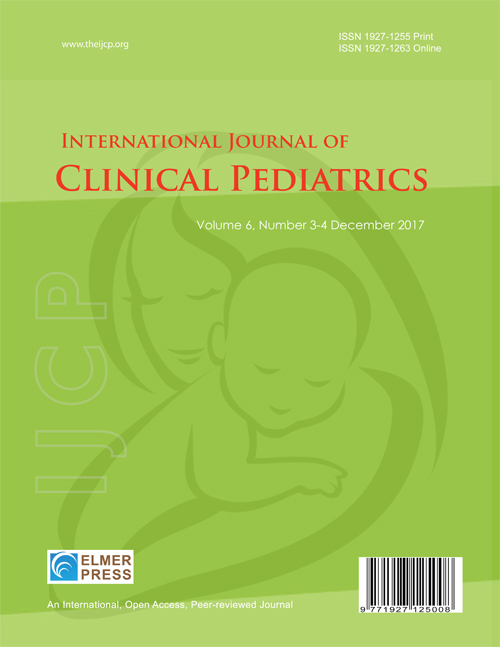Determinants of Oral Health-Related Quality of Life in Children With Neurological Disorders: An Interdisciplinary Study
DOI:
https://doi.org/10.14740/ijcp1017Keywords:
Oral health, Neurological disorders, Pediatrics, OHRQoL, Dental caries, Bullying, Developmental disordersAbstract
Background: Oral health-related quality of life (OHRQoL) is often compromised in children with neurological disorders, yet limited evidence exists on the contributing clinical and socioeconomic factors.
Methods: A cross-sectional study was conducted among 132 children aged 6 - 14 years attending public neurology clinics. Parents or caregivers completed the validated Parental-Caregiver Perceptions Questionnaire (P-CPQ) and provided sociodemographic and health-related data.
Results: Most respondents were mothers (76.5%). High rates of bullying (78.6%) and dental caries (71%) were reported. Common diagnoses included epilepsy (49.2%), autism spectrum disorder (ASD) (30.3%), and attention deficit hyperactivity disorder (ADHD) (26.5%). Poor OHRQoL was significantly associated with caregiver type (P = 0.046), low family income (P = 0.014), and living with relatives (P = 0.008). Functional limitations were the strongest OHRQoL domain (r = 0.780; P < 0.001). Children with cerebral palsy and oppositional defiant disorder (ODD) exhibited the worst OHRQoL (P = 0.008). Although only 6.8% used orthodontic appliances, their presence negatively impacted OHRQoL.
Conclusions: Pediatric patients from lower-income families or non-parental households are at increased risk for impaired OHRQoL, especially those with cerebral palsy or ODD. Functional limitations, bullying, and untreated dental caries are key targets for clinical intervention in this vulnerable population.

Published
Issue
Section
License
Copyright (c) 2025 The authors

This work is licensed under a Creative Commons Attribution-NonCommercial 4.0 International License.






